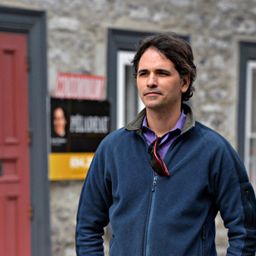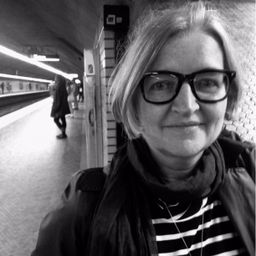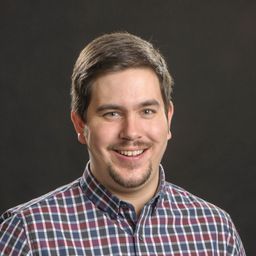Sustainable Urban Heritage Conservation in Questions
Mon statut pour la session
Sous sessions
Recent literature in geographical and environmental studies, and environmental aesthetics, has focused on the concepts of the post-industrial city, urban nature, and urban ecological citizenship, in an effort to develop new approaches to the design of the sustainable city. This paper will explore the role of heritage through the concept of “deep cities,” defined as “a city’s long-term history and heritage.” I will argue that the planning initiatives of the early 1960s in the urban theory o...
In recent years, both the academic and institutional community have called for greater focus on local participation in heritage practice. From the critical heritage perspective in particular, bottom-up, people-based approaches are seen as a means to rectify the existing top-down imposition of heritage ideals by powerful institutions. At the same time, there is also an increasing focus on such alternative concepts as “resilience” and “sustainability” as opposed to so-called “authorized heri...
The idea of built heritage as potential waste is commonly represented by images of demolition and landfill sites. This contributes to an idea that heritage conservation is inherently sustainable. However demolition waste and the role of deconstruction are rarely discussed as part of the last decade’s consideration of the relationship between heritage conservation and sustainable development. Demolition waste represents an important component of landfill site development in North American c...
Can historic sites serve as places to discuss the roots of contemporary environmental issues? Since the 1970s, we have acknowledged the human imprint in national parks as “cultural landscapes” rather than wilderness. But historic sites have rarely been rewritten through an environmental lens. They remain tied to a story of nation-building and an older idea of heroic human enterprise. For Parks Canada, the agency responsible for Canada’s national historic sites, the land is general...
Depuis quelques décennies, le champ du patrimoine connaît une véritable explosion des objets et manifestations qu’il englobe. De surcroît, on note une évolution certaine dans la manière d’étudier le patrimoine, considéré de plus en plus par les chercheurs qui s’y intéressent comme une construction sociale, une sélection d’objets du passé mais à partir des préoccupations des sociétés du présent, des processus où les discours jouent un rôle fondamental. Le patrimoine, il faut dire, est aussi...
The emerging tourism and leisure industry today has gradually become a very important driving force of the new urbanization process in China. However the sustainable development of the tourism and leisure industry meets great challenges because of the over-emphasis on the visual similarities in the re-creation of heritage treasures. The prosperity of tourism real estate development somehow further enhanced this tendency by chasing the instant short-term profit. Among those new proposed tou...
For a few years now, sustainable urban heritage conservation has been arousing a growing interest in the scientific community. Numerous studies approach urban heritage conservation in terms of sustainability indicators. The majority of indicators to which researchers refer have a qualitative dimension to the extent that they are subject to interpretation by the various actors involved in the process of conservation and development of urban heritage. Many indicators are based on the study o...
« Dans le contexte socio-économique et socio-politique nord-américain, le paysage est une marchandise qui se vend. Il en découle que la démarche du géographe, expert en paysages par excellence, n’est pas neutre. Tout travail d’évaluation des paysages risque d’être récupéré à des fins qui n’ont rien à voir avec la sauvegarde du patrimoine culturel national et profiter les intérêts économiques d’une minorité. D’où l’urgence d’élaborer une politique d’aménagement du territoire et de développe...





